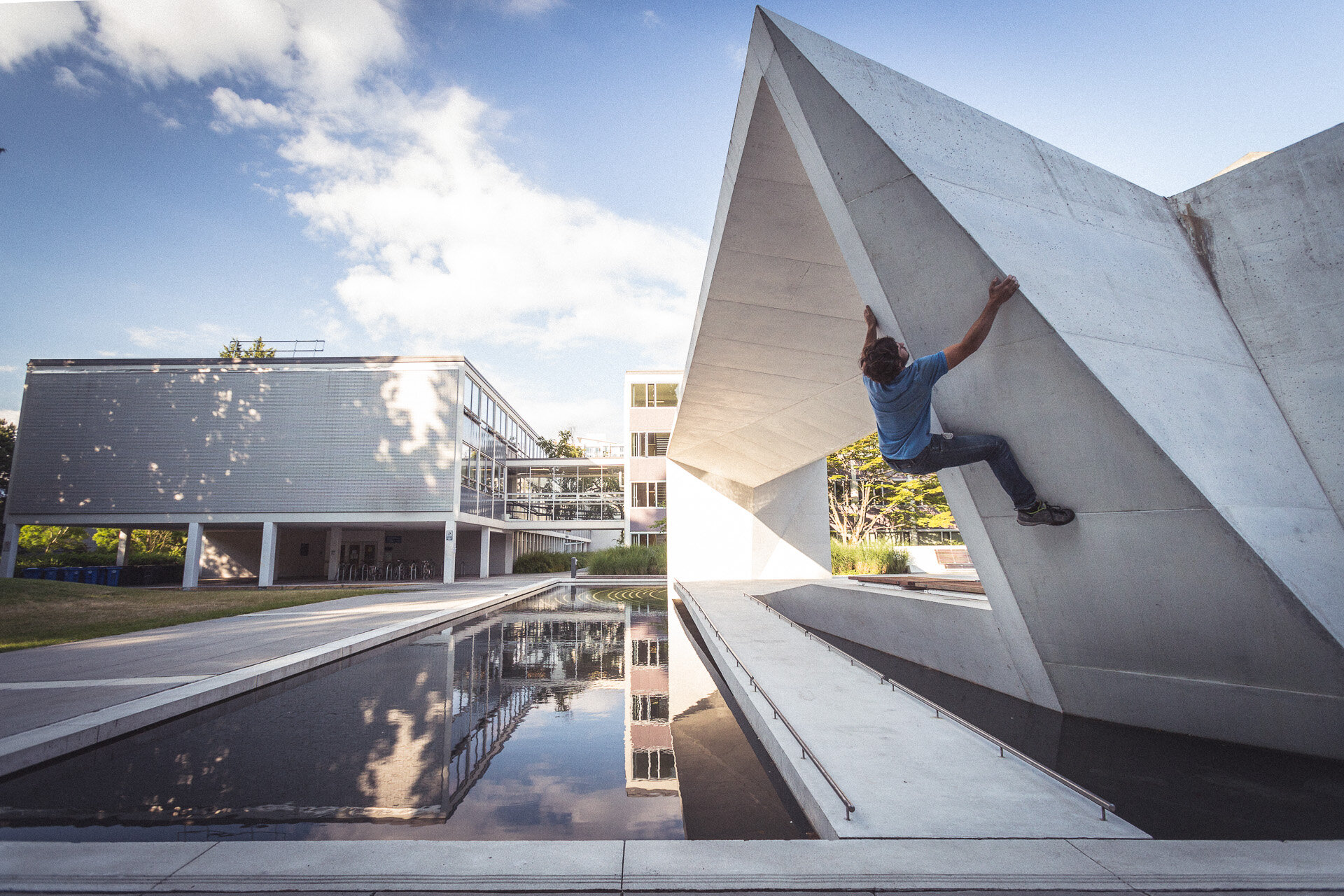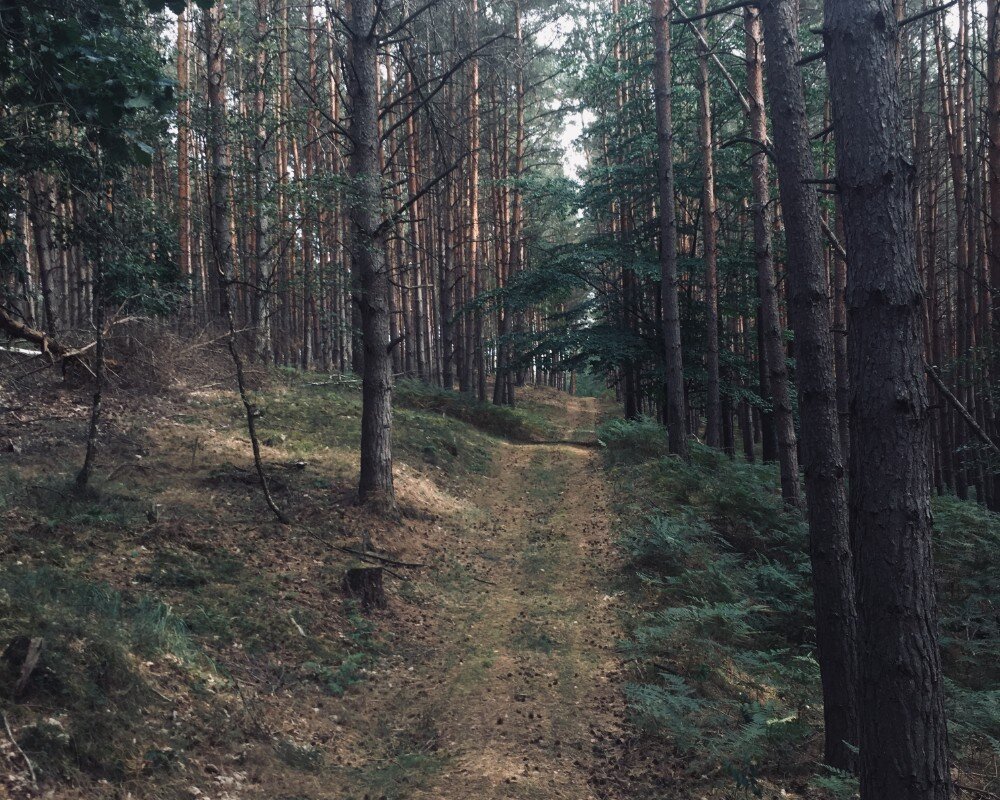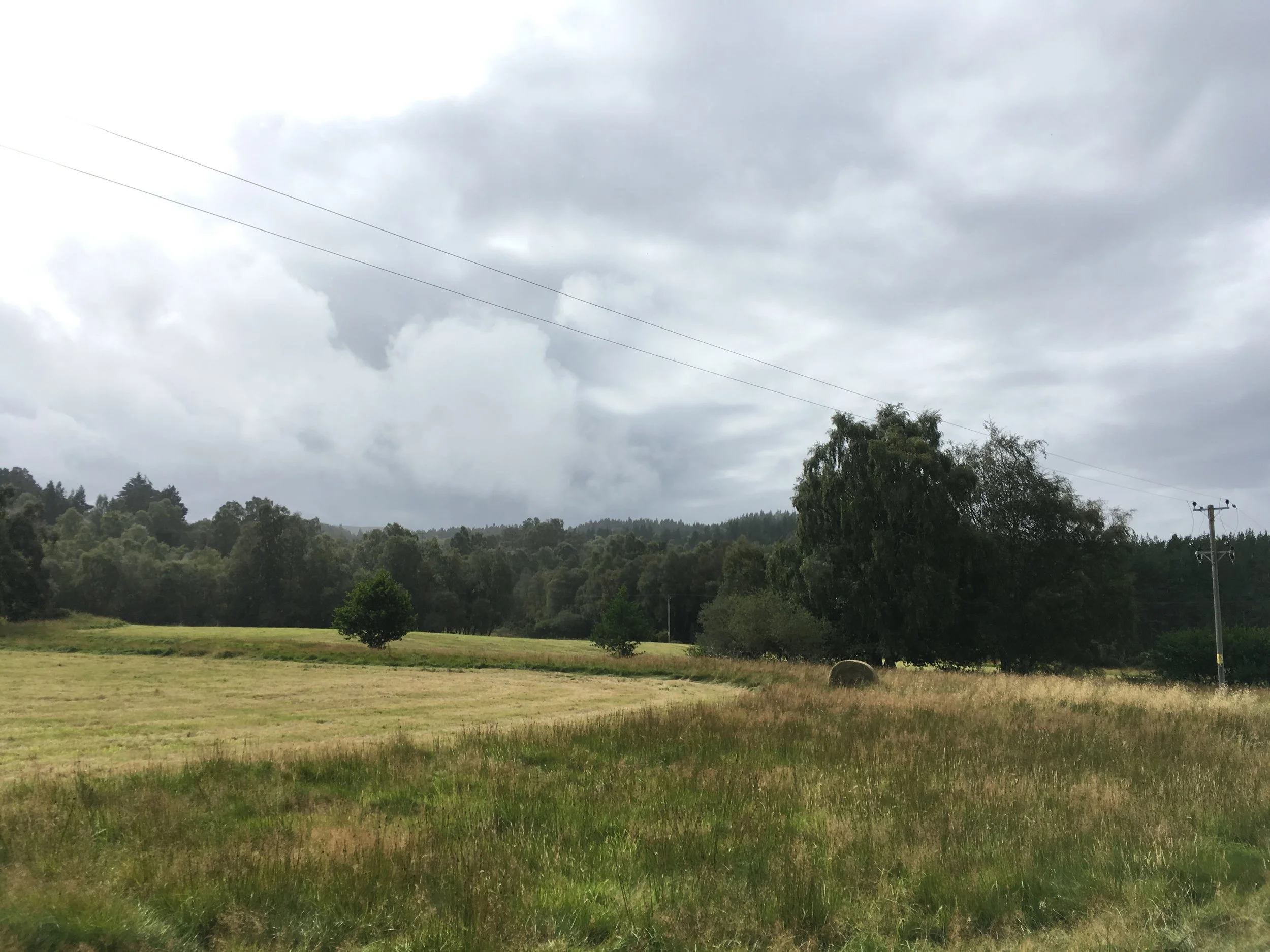We are extremely pleased to present an extract from the new novel BEAUTIFUL PLACE by Amanthi Harris. Set in Sri Lanka, this is a novel about leaving and losing home and making family, about being oppressed and angry and wanting a better life.
‘In quiet distilled prose, Amanthi Harris takes a moment of change we all experience and brings it into poignant, evocative focus. Her story resonates like a personal and deeply felt memory.’ —Preti Taneja
***
The van followed the bay, passing through villages of houses with dark empty porches. Light shone deep inside in rooms where families had gathered to gossip and tease and worry and scold away the last hours of the night. Soon the van left the villages behind and the sea came nearer, blackly glistening past coconut groves of slanting trees silvery in moonlight. The van stopped at the edge of a grove and they stepped out to the roar of sea and cold rushing winds. Ria put on her jumper. High above her, the coconut trees swayed and bowed against a blue-black sky, the stars a dusty spray of sparkling white.
“I’ll come back in two hours,” the driver said and gave Louis his card. “Hope you see some turtles.”
“But where are you going?”
“I’ll just be nearby – call me if you want to stay longer.”
“You never said you’d be leaving us,” Louis protested, but the driver was already in the van. “Hey!” Louis cried, but it was too late, the van drove away.
“How come there’s no one else here?” Ria said.
“Maybe we’re too early.”
“Or too late,” she replied.
There was a glow through the trees from a thatch hut. They walked towards it. Over the door was a sign: ‘The Turtle Watch Museum’. An electric bulb swung from the rafters in the wind, dancing its glowering light over framed photographs of turtles lumbering onto night time beaches, digging in sand, or straining, legs splayed, squeezing out eggs. Louis read every sign, every caption, excited again.
“This place is great – they’re a charity employing ex-convicts. They teach them about conservation.”
“Ex-convicts?”
“Good evening, sir-madam!” A short stocky man bounded into the hut and grinned at them. His eyes lingered on Ria. The man’s face was pockmarked and puffy, the skin yellowed and tough, the nose broken; eyebrows interrupted by the scars of old stitches. His smile though was joyful, unconnected seeming to the damaged features.
“In our turtle watch we don’t steal turtles’ eggs – we’re not like the people down the road,” he told them. “Those people steal the eggs and grow turtles in tanks. Sometimes they eat the eggs. They’re very bad people, don’t ever go to their turtle watch, sir and madam.”
“Where can we buy tickets?” Louis asked.
“No need of tickets, sir – it’s all free at our turtle watch. You only pay if you see the turtles.” “Wow! That’s great!” Louis approved.
“So let’s go and see if they come! This way, sir-madam!”
The ex-convict came up beside Ria as they left the hut.
“Sinhalese?” he murmured, his voice turned low and adult, a secret voice, brought out for the real conversation. She pretended not to hear. He pretended not to have spoken.
“This way sir, follow me!” He darted away, become the happy child again.
The ex-convict shone a torch ahead and they followed him, winding past coconut trees, their great hooves of trunks stamped in the ground. Ria took off her shoes and the sand was silky-cold and dry, slinking around her feet with every step. A half-moon cast its pale gleam over a wide empty beach.
“No turtles yet, sir-madam,” the ex-convict declared, scanning the sea with binoculars.
“When do the turtles come?” Louis asked.
“It can be anytime, sir – soon, hopefully, soon! Dear God, please let there be turtles for sir and madam! Just keep watching the ocean. I will go closer and look for you.”
He ran down to the water’s edge and strolled through the waves swirling idly in. He walked around a rocky outcrop and disappeared.
Ria sat down on the beach, a sandy bank firm at her back. Louis sighed and sat down beside her.
“Do you know anything about this place?” he asked.
“No.”
“Does your family ever come here?”
“I’m not sure.”
“You don’t know where your family goes?”
“I know very little about them, it turns out.”
There was no way on earth her family would have come to such a place – in the middle of the night, to look at turtles.
“You should have asked Padma about this place,” he accused.
“You arranged it!” she retorted.
The ex-convict appeared on top of the rocks, walking a little unsteadily. He stood looking out to sea. The pale beam of his torch reached over the waves.
“Something’s weird about this,” Louis said.
Across the water, at the other end of the bay, lights shone in the town where life went on unknowing of them. It was the first time Ria had been anywhere so deserted in Sri Lanka, so far away from the places she knew, and everyone. The trees leaned over velvet rocks and the pale soft sand of a primal Sri Lanka, a pre-world of hushed dark beaches and a muted rocking sea sweeping the shore all through the night – long still nights, full of unknowable secrets. These were the beaches where war bodies would wash up, maimed and distorted after night-time abductions – even now, in peace-time, the abductions went on for different, more secret reasons. It seemed impossible to end the savagery; it seemed a part of the unreal beauty of the island, so spoiled and churning under the surface.
But here was its raw splendour, its secret night-time source, potent and untainted before it was lost in the world of people.
“Why aren’t there any other tourists here?” Louis demanded.
“Maybe they didn’t want to see turtles.”
He made an exasperated noise and glanced at her impatiently.
“It’s better like this, don’t you think?” Ria said.
“It feels like a scam.”
“I don’t see how. We haven’t given the guy any money.”
“Everything in this country is a scam – that’s why my friends left, they’d had enough. It was always the same: hire cars, safaris, Buddhist temples – you name it, there was always a way they could con you.”
“But we don’t have to pay unless we see turtles.”
Louis jumped up, full of a new restlessness, a fierceness in him. “Hey!” he shouted to the ex-convict.
The ex-convict spun round.
“Where are your turtles?” Louis yelled. “Are they coming any time soon? I’m getting tired, I want to go home!”
The ex-convict tensed, his round belly turned solid, thin legs locked. Like a fat sparrow, Ria thought. But dangerous.
“I think I might just call the driver!” Louis taunted, waving his phone.
The ex-convict scrambled down from the rocks and came running.
“The turtles will come, sir! Just wait and see – just a few more hours. Madam – you tell sir, to wait a little!” he panted.
“What’s it to you if we leave?”
Louis stood taller than the ex-convict. He looked down with a cold angry smile at the ex-convict’s pitted fleshy face. Louis’ hair shone in the moonlight, swept back from his fine-boned face, the perfect lines of jaw and chin and lips. Ria looked away from that perfection, winning so easily above the beaten face below. Louis was so much stronger, so much luckier than the fat-sparrow ex-convict. Louis started to type a number on his phone.
“No sir! Please sir, stay!” the ex-convict cried. “The turtles will come! You just have to wait – how can I know what time they will want to lay eggs?”
Louis went on typing then put the phone to his ear. The ex-convict grew still, watching in silence – no more pleading, no more explaining about the turtles. The torchlight made his cheeks seem waxy and hard. ‘Tourists missing from Turtle Watch Beach’ – Ria could already see the headline. A small square of text with their names, ages and occupations and an inaccurate account of what had happened.
“The driver will be back in an hour, let’s just wait till then,” Ria insisted.
“Yes, wait!” the ex-convict agreed.
“Maybe the turtles will come later,” Ria added.
“Yes, later! The turtles will come later!”
“Yeah, right.” Louis ended the call and sat down again, looking away.
The ex-convict jogged away to a distant spot at the water’s edge. Ria sat down beside Louis. He didn’t look at her. She watched the sea alone, feeling his silence for the first time and him closed to her. He checked his watch. His arm touched hers and she felt the muscle hardness of him under the softness of cashmere, and he felt apart and other. He would always be other, separate from her; she would never truly know what he was thinking – why he had smiled at her that first afternoon on the veranda, why he had asked to join her for dinner. How did you ever know when you knew someone, when it was safe to allow that last private door inside you to open? She understood now why people had horoscopes read before marriages – even the arrangements of stars in their constellations were a comfort faced with the unknown of another’s mind. She watched the night-time sea surging in surly bursts onto the beach.
“The sea looks so different at night,” she said.
The waves slicked back in an oily sweep, receding into themselves – another sea altogether from its joyful, spraying, sparkling, sunlit self, dazzling all day.
“It looks so pure in the mornings,” she reflected.
“You shouldn’t have undermined me in front of that guy,” Louis said.
“What are you talking about?”
“You should be on my side, not his.”
“I didn’t want to antagonise him.”
“It was up to us when we left. What could he have done about it anyway?”
“I don’t know . . . He might have friends nearby. Or he might have a knife or a gun – who knows? I didn’t want to risk it.”
“That’s crazy! You’re always so afraid of everything!” His eyes were a scornful pale glare in the tan of his face.
She glared back at him. He turned away.
***











